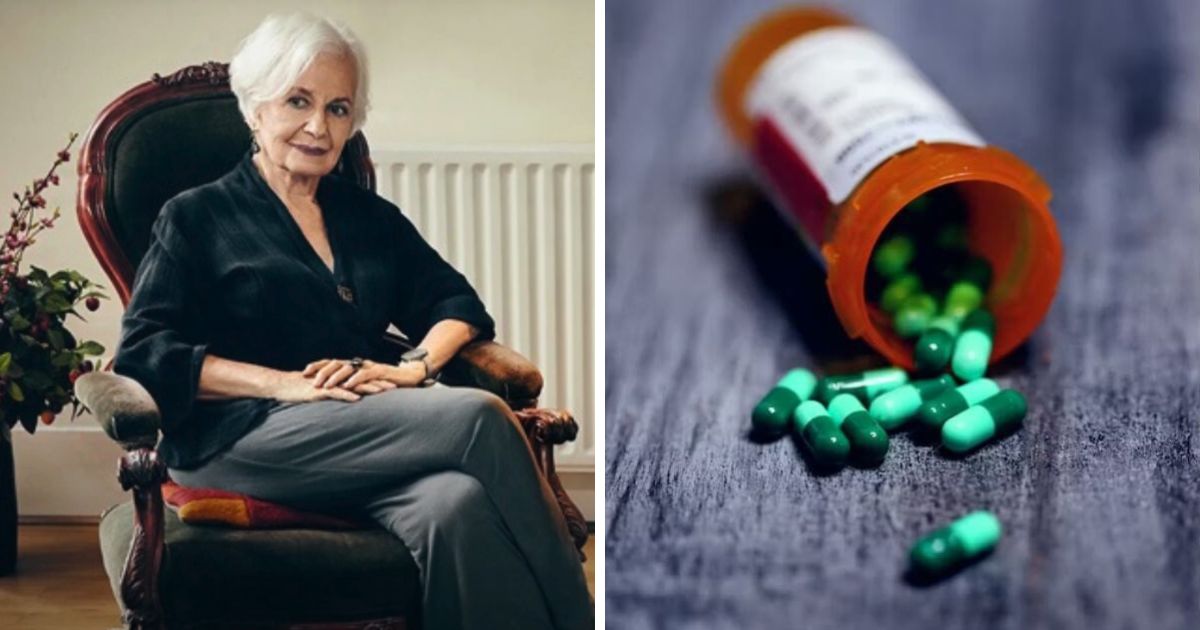A friend of a British couple who ended their lives at an assisted suicide clinic in Switzerland has shared her concerns that the husband coerced his wife into ending her life, according to media reports.
Ruth Posner, 96, and husband Michael, 97, neither of whom were terminally ill, told friends and family in an email message of their intention to end their lives at Swiss assisted suicide clinic, Pegasos, saying, “There came a point when failing senses, of sight and hearing and lack of energy was not living but existing that no care would improve”.
The couple added, “The decision was mutual and without any outside pressure”.
However, a friend of the couple, Julia Pascal, has questioned this statement, sharing her belief that Ruth was coerced by her husband, Michael, into ending her life.
Pascal, who had known the couple since 1990, described Ruth as being “totally under [Michael’s] control”, saying “Ruth was disempowered”.
“He was very dominant. I spoke to them and sent emails, saying ‘please don’t kill yourselves’. I tried to talk Ruth out of it, but I felt it was too far gone, that she was totally under his control”.
Pascal added, “Ruth sent the email, but I believe Michael would have dictated it to her”.
She described Michael Posner as a “dominant personality” who was “emotionally controlling”, saying, “[Ruth] was totally reliant on him”.
“They both said, ‘We have made up our minds, we don’t want to go gaga and we don’t want to go into an old people’s home’. I felt like it was not a decision of her own. She did not seem to have any resistance to him. He was the dominant personality and emotionally controlling”.
“[Michael] had influenced her over the years. She would have said ‘it was all my decision’, but really he was making it for her”.
Concerns about coercion highlighted throughout the parliamentary process
Pascal’s comments about coercion came as the Terminally Ill Adults (End of Life) Bill continues to make its way through the House of Lords. The Bill, which would legalise assisted suicide in England and Wales for those with a prognosis of six months or less, has been opposed by many people who raised concerns about coercion being regularly highlighted throughout the parliamentary process.
During the Bill’s Third Reading in the House of Commons, Diane Abbott MP warned that coercion within families is often unspoken but no less powerful.
“[W]ithin the family, the most powerful coercion is silence: it is the failure to answer when a question is put. If police cannot spot coercion in domestic violence, how can they be expected to spot coercion in assisted dying?”
Echoing Abbott’s concerns, Baroness Grey-Thompson, the former Paralympian and leading disability campaigner, noted that police and doctors struggle to “spot coercion in domestic abuse relationships”.
“So why is it they are going to suddenly be able to spot it [when it comes to assisted suicide]? They’re not”.
Dr Rajiv Shah, a former Government advisor, warned that the account of the Posners ending their lives together should be a warning sign, saying, “This should have raised so many red flags. There’s no provision in [the assisted suicide Bill] about guarding against both spouses doing it at the same time despite the obvious risks of coercion”.
Spokesperson for Right To Life UK, Catherine Robinson, said “This is a tragic case. People being coerced into ending their lives is a real problem and is particularly difficult to identify, and there are no adequate safeguards in the proposed assisted suicide legislation in England and Wales that would protect against it”.
“Vulnerable people should be protected from coercion, abuse, and discrimination, and supported to live well, rather than being offered assisted suicide”.












